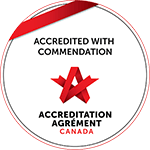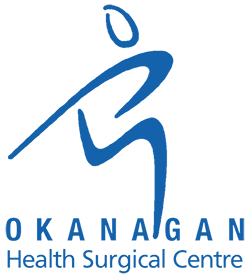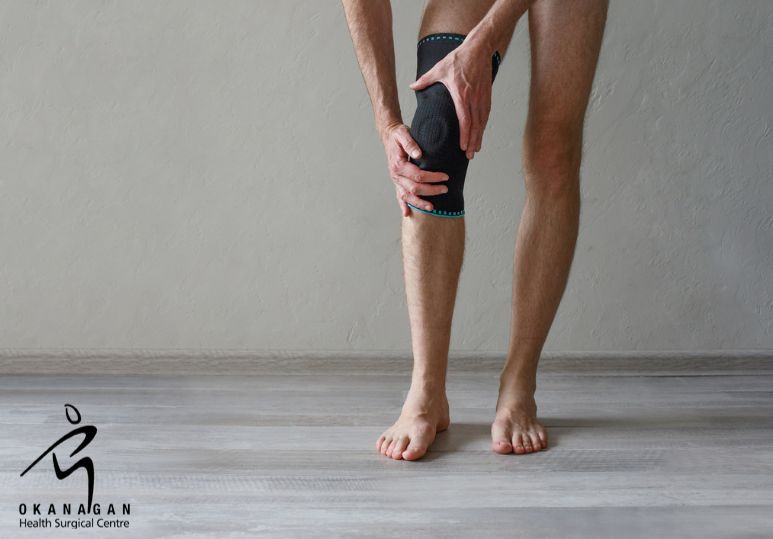Your knee is a complex and important part of your body that helps you complete most of your daily activities. Aging, injury and chronic conditions can make the knee become immobile or cause constant pain. If knee surgery has been recommended, ensure that you know everything there is to know about knee surgery techniques, benefits and risks, and recovery processes. Here is our guide to knee surgery.
Types of Knee Surgery
Depending on the extent of injury, your surgeon may recommend one of the following knee surgeries to repair an injury or treat a condition.
Full Knee Replacement
For people with arthritis in the knees, a total knee replacement is the most common type of surgery recommended. This procedure replaces the full joint. This is typically a last resort knee surgery and is only used to treat:
- Severe arthritis that inhibits walking and movement
- Patients that have tried other knee repairs and treatments with little, to no, success
- Those whose knees cause them daily, chronic pain
As its name would recommend, an orthopedic surgeon would remove the knee joint and fully replace it with an artificial one.
Osteotomy
This less common type of knee surgery involves repositioning the bones to help remove the stress off of a damaged part of the knee.
Arthroscopy
This is the most common, and most highly recommended type of knee surgery due to the fact that it is very minimally invasive. Your surgeon would make a small incision in the skin and complete the surgery using lights, cameras, and tiny surgical instruments. Some of the injuries and conditions it can help repair are:
- Torn meniscus (cartilage) repair
- Torn cruciate (ligament) repair
- Torn joint cartilage repair
- Removal of fragments within the knee
- Removal of the inflamed joint lining
- ACL (anterior cruciate ligament) repair
After surgery, your doctor and their team will provide you with a plan to recover and rehabilitate your knee. The recovery timeline and plan will vary depending on the type of surgery you receive. Additional factors such as your age, health, and circumstances could have an effect on your recovery also.
Your Orthopedic Knee Surgery Recovery Guide
As with any type of surgery, it is important to have a full understanding of what the surgery entails, and what can be expected afterward. Your knee surgeon will provide you with a plan to rest, recuperate and strengthen the knee after any type of surgery.
Recovering from Knee Replacement
After a full knee replacement surgery, you can expect to stay in the hospital for some time, depending on the healing timeline your surgical team observes. The medical staff will focus on pain management and assisting and encouraging you to get up and get moving to be sure that you will be ok at home without help.
Depending on your line of work it could take a few days to months before returning to work. Often you may be advised to return with modified duties. This ensures adequate recovery time before using the knee for anything physical like heavy lifting or running.
During recovery, you will most likely need help around your home for one week, possibly even up to a month. If you follow the guidelines from your orthopedic surgery team, you should expect that you can return to your usual activities 3–6 weeks after a full knee replacement.
Recovering from Osteotomy Surgery
After osteotomy surgery on your knee you will likely remain in the hospital for 1-2 days for pain management and to ensure you are able to get up and around. You will likely need crutches to get around for 3-6 weeks, and may even require a brace or cast to help the bone fully heal. It can take anywhere from 3-6 months to return to your full routine of activities and exercise.
Recovering from Arthroscopic Knee Surgery
Recovery times for an arthroscopic surgery can vary greatly due to the scope of surgery, your health, age, and other potential risk factors heading into the procedure. Although you can likely leave the hospital the same or the next day, it could take as much as six months or more, before you feel you are fully recovered.
Whether, or not you need crutches and pain medication after the surgery will depend on how extensive the surgery is. Your doctor will advise you on when you can resume all of your normal activities.
After Arthroscopic Knee Surgery
After having a knee replacement you will need to have stitches or staples removed. If you are having an osteotomy you may need X-rays to monitor the bone healing process. If your orthopedic surgeon recommends arthroscopy knee surgery you will be advised to see your doctor shortly after the procedure to review:
- Postoperative details
- A comprehensive physical therapy recovery program
- Check the small incision sites as they heal
Based on your surgeon’s assessment, they will give you an anticipated timeline for healing and when you can expect to return to your full activities again.
The Okanagan Health Surgical Centre team is your experienced and professional knee surgeon experts in Kelowna BC. If you are looking for an orthopedic surgeon to help you get back to a productive and fulfilling life connect with us. We have over two decades of success stories that will let you know you have come to the right place. Reach out to us today to book your consultation.
FAQs
1. What is it called arthroscopy?
Arthroscopic knee surgery gets its name from the camera used to scope the knee. It’s called an arthroscope.
2. What are some non-surgical treatments for knee problems?
There are many options that you can try to repair your knee before choosing to have knee surgery. Whether, or not, you choose to have surgery these are all great recommendations to improve your probability of excellent surgical results:
- Addition of a low impact exercise routine
- Losing weight to decrease pressure on the joint
- Physiotherapy
- Supplementation
- Medication for pain relief and to decrease inflammation
3. Can you get arthroscopic ACL surgery?
Many surgeons have the ability to use arthroscopic surgery for ACL injuries. At Okanagan Health Surgical Centre it is our preferred surgical method as it is minimally invasive and is easy to see the intricate details within the knee.






